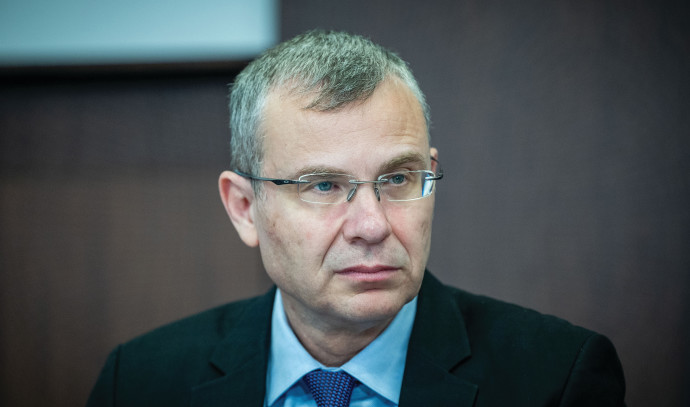The Government of Ontario says the cost of federal ‘net-zero’ regulations will be insurmountable, following a review by the province’s system operator.
According to the Independent Electricity System Operator (IESO), the amended regulations will require Ontario to double their energy generation by 2050, adding an additional $35 billion in costs.
Ontario Energy Minister Stephen Lecce called on the Trudeau government to keep energy affordable with further amendments in a letter to the Minister of Environment and Natural Resources.
— Rebel News Canada (@RebelNews_CA) June 27, 2024“Ontario cannot support any regulatory approach that imposes thousands of dollars of new costs on consumers while compromising system reliability,” Lecce wrote.
Current draft regulations would raise residential bills in Ontario substantially to $168 per year starting in 2033, the IESO said.
Guilbeault and Wilkinson said affordability remains top of mind for the regulations that will soon be finalized.
“While remaining on track to meet its emissions targets,” Leece wrote, “Ontario continues to attract transformative investments in sectors such as automotive and the electric vehicle supply chain, life sciences and advanced manufacturing.”
“Therefore, it is imperative that regulatory frameworks support — not hinder — our economic competitiveness,” he added.
Alberta Premier Danielle Smith told PM Justin Trudeau that a net-zero power grid "is not possible by 2035."
Smith adds that 42% emissions reduction by 2030 — "essentially a production cap" — is not "realistic or feasible."
Sign our petition: https://t.co/PHR7jF0lJM pic.twitter.com/tAS3C5mJty
In May 2023, the Alberta Electric System Operator (AESO) estimated the transition would cost the prairie province up to $52 billion over the next decade, with power generation costs exceeding $92.2 billion over the same period.
With the regulations, Alberta Premier Danielle Smith put the costs between $200 billion and $400 billion.
“Imagine your home or business power bill increasing by 200% to 500% over the next decade. I can't afford that,” she said at the time.
“Let's bring some logic and reason to this conversation and modernize our grid in an affordable and environmentally responsible manner.”
"There will be no carve out for (Alberta)," responds Environment Minister Steven Guilbeault to Premier Danielle Smith's pushback against 2035 net-zero targets.
"How fair would it be for the rest of the federation?" he says.https://t.co/RPFfbxm6px pic.twitter.com/yeu88Wl1HI
Ontario recently added more natural gas generation to ensure the grid remains reliable, amid rising demand and ongoing refurbishments to the province’s nuclear plants.
The province contends natural gas generation will reduce emissions, though the grid is only 87% emissions free — down from 94% in 2021.
However, IESO says more gas plants may be required to meet federal rules, as the limits on emissions are based on total gas capacity.
Ontario’s electricity operator says a 2050 target date to achieve ‘net-zero’ emissions will be possible without the federal regulations, as new nuclear and renewable resources are expected to enter the fray in the 2040s.

Alex Dhaliwal
Calgary Based Journalist
Alex Dhaliwal is a Political Science graduate from the University of Calgary. He has actively written on relevant Canadian issues with several prominent interviews under his belt.

 By Rebel News | Created at 2024-12-03 00:31:12 | Updated at 2024-12-04 08:32:42
1 day ago
By Rebel News | Created at 2024-12-03 00:31:12 | Updated at 2024-12-04 08:32:42
1 day ago








